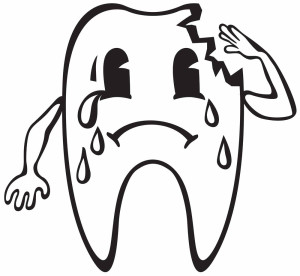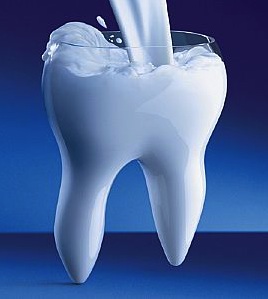Alcohol is like a permanent tattoo to all individuals considering that most occasions have these on their table. Obviously, alcohol can build pleasure. It is made with ethanol and branded as beer, wine or spirits. Apparently, alcohol contains a series of adverse effects. All these can impact the dental health. Due to this, it becomes a reminder to us all that consuming alcohol should be taken in moderation. Without proper oral hygiene, dental problems may follow, said by emergency dentist San Antonio.
Liquors are known due to its several health benefits. It reduces risks of heart attack, stroke and diabetes. Sadly, over consumption of this beverage may develop oral problems. Research shows, alcohol may cause erosion, dry mouth and oral cancer.
Tooth erosion is like a version of oral cavities simply because of acids. Studies show, erosion is a direct attack of acidic food and drinks. It is a type of condition where mouth suffers from low pH levels, a dilemma caused by alcohol. Dental erosion isn’t life threatening. However, it can develop other oral issues, like sensitivity.
Also known as xerostomia, dry mouth is recognized as the lack of saliva production. Saliva is an essential watery substance that keeps plaques away. Unfortunately, this seems unfeasible with liquor consumption. An alcohol can dehydrate a person. As a consequence, it may lead to an appeasing thirst. Without proper production of saliva, dental plaques can go excess. Evidently, excess level of plaques can cause countless dental problems, including cavities and gum disorders.
While the two aforementioned effects seem mild, perhaps you should consider mouth cancer. Yes, you read it right. Alcohol consumption can develop oral cancer. Based on the Oral Cancer Foundation, every day a person dies due to mouth cancer. The biggest reason is alcohol consumption. Alcohols can produce oral squamous cell carcinoma, a cell that is responsible for causing mouth cancer. Analysis show, liquors have the capacity to irritate the mouth’s mucus lining which allows the cancerous cell to grow. With this, drinkers are strongly given attention to limit their alcohol consumption.
Spare a time for daily regular hygiene especially after your drinking session. This way, you can reduce the risks of getting the any of the above-mentioned effects. Remember, good oral hygiene is always the key for a healthier mouth.


